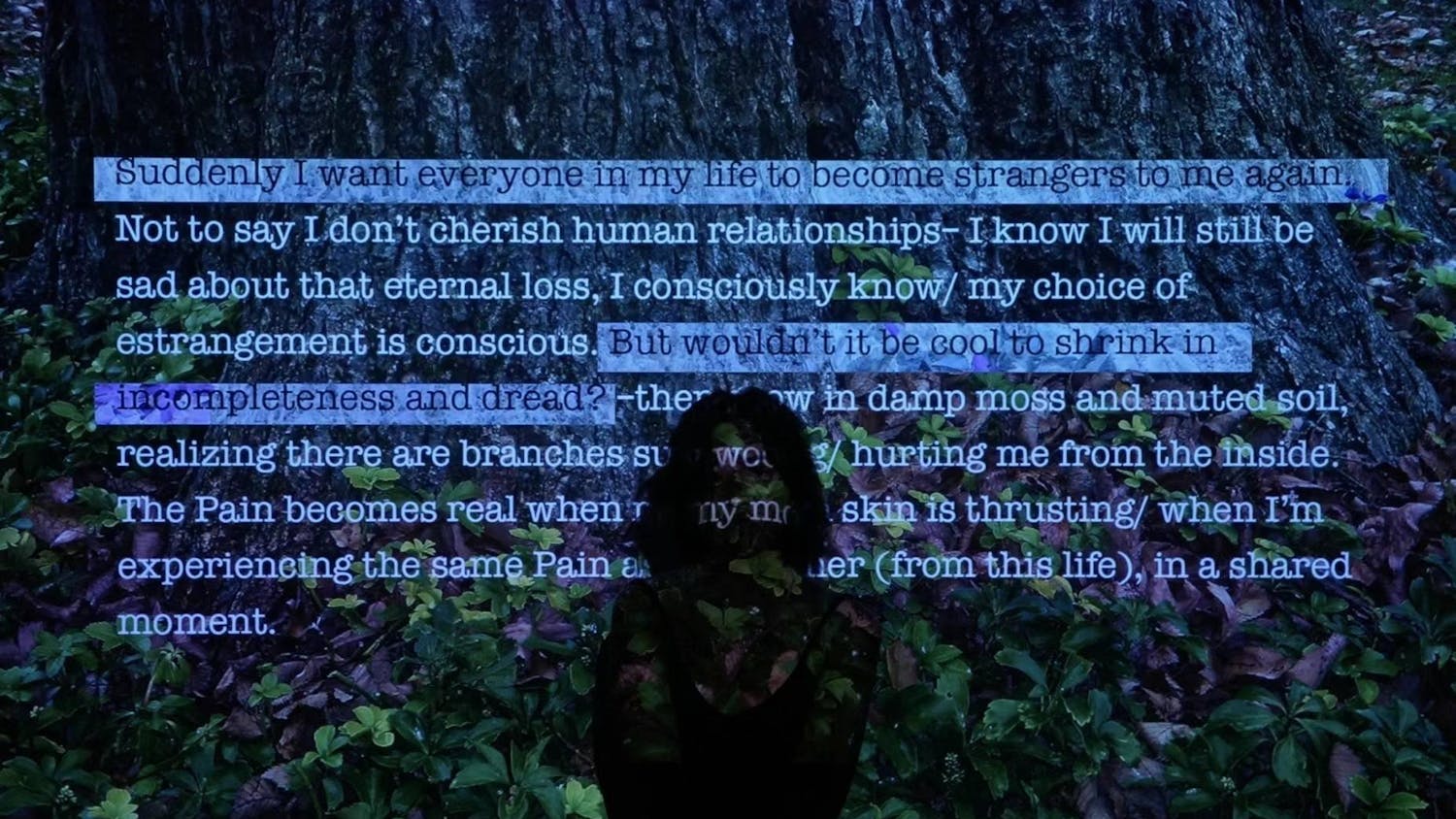Berlin welcomed a group of students with ties to the German Studies Department and the Brown Jazz Band over spring break last week. Senior Lecturer in German Studies Jane Sokolosky led the former group while Matt McGarrell, senior lecturer in music, directed the band.
Two other classes made the journey to Germany’s capital for a culture-packed spring break. Professor of Art History and Architecture and Urban Studies Dietrich Neumann took students in his seminar, HIAA1850H: “Berlin: Architecture, Politics and Memory,” and Michael Steinberg, vice provost for the arts and professor of music and history, traveled with students in his class, MUSC1675: “Music, Religion, Politics.”
“We have been able to offer this trip in conjunction with our senior seminar for the last several years. This year, our topic was turn-of-the-century Vienna and Berlin,” Sokolosky wrote in an email to The Herald. The trip was funded primarily by Brown’s Office of the Vice Provost for the Arts as well as the Max Kade Foundation in New York.
The German Department’s stay in Berlin opened with a performance by the Brown Jazz Band, playing in a cozy jazz club named Kunstfabrik Schlot. Listeners included both locals and Brown students who had come to support their University abroad. The room was tightly packed, and in traditional German manner, most enjoyed the show while sipping a pint of beer.
“The audience was sophisticated and interested in our set, making us feel welcome in our inaugural performance in Berlin,” said saxophone player Alexandra Ertman ’19. Some of the pieces performed included “Serendipity” by George Masso, “Gingerbread Boy” by Jimmy Heath and “Nardis,” originally recorded by Miles Davis. The performance featured guest stars Eric Nathan, assistant professor of music, and Dana Gooley, associate professor of music.
Over the course of the week, the German Department group attended an organ concert at the ornate Berliner Konzerthaus and visited the Bröhan Museum as well as the German Bundestag, home to the country’s parliament.
The group crossed paths with the Brown Jazz Band again when both volunteered at an English program at an elementary school. The students led a variety of workshops in English with groups of 15 to 20 schoolchildren. The morning concluded with another performance by the band.
“The students were lively and enthusiastic, making it easy for us to keep them engaged and have an enjoyable time,” Ertman wrote in an email to The Herald.
“Having the Brown Jazz Band perform at this elementary school while we held workshops in English was a great international community service opportunity for Brown students,” Sokolosky wrote. After the band’s performance, the German Department donated a collection of English children’s books to the school.
The German Department students flew to Vienna Wednesday, where they attended two plays and visited four museums in the span of two days. The first play, titled “Der böse Geist Lumpazivagabundus,” or “The Evil Spirit Lumpazivagabundus,” was performed in the Burgtheater, a historic theater that first opened in 1741.
The play dealt with the triumph of love over fortune. “What I found most surprising about this play was how the directors adapted the performance to reflect contemporary interests,” wrote Aida Feng ’17 in an email to The Herald. “For example, they played with references to the European Union and Angela Merkel throughout the plot.”
“It definitely made the humor of a 19th-century work more accessible to a modern audience,” she wrote.
The second play, “Anatol,” dealt with lost loves and sexual frustration. It was performed in Theater in der Josefstadt, built in 1788. The theater advocated on behalf of refugees through messages on both its building’s exterior and in the show’s paper program. A message written on one of the theater’s walls read “The Josefstadt Theater rejoices: In Austria, moneyed tourists are not the only ones welcomed. Also fleeing Syrians.”
The trip provided students with cultural insight into two German-speaking cities in Central Europe with nonetheless disparate identities. Berlin is a city in bloom — with its cheap prices and youthful population, it attracts a myriad of new artists. Its streets are covered with graffiti, and it has gained a reputation as one of Europe’s most notorious party cities.
Vienna is more like other major European cities such as Paris, London or Milan. While they are by no means relegated to impertinence in the present, their illustrious legacies in fine arts and music are what put them on the map.
While Berlin bursts with future promise, Vienna makes one feel like a part of history.




